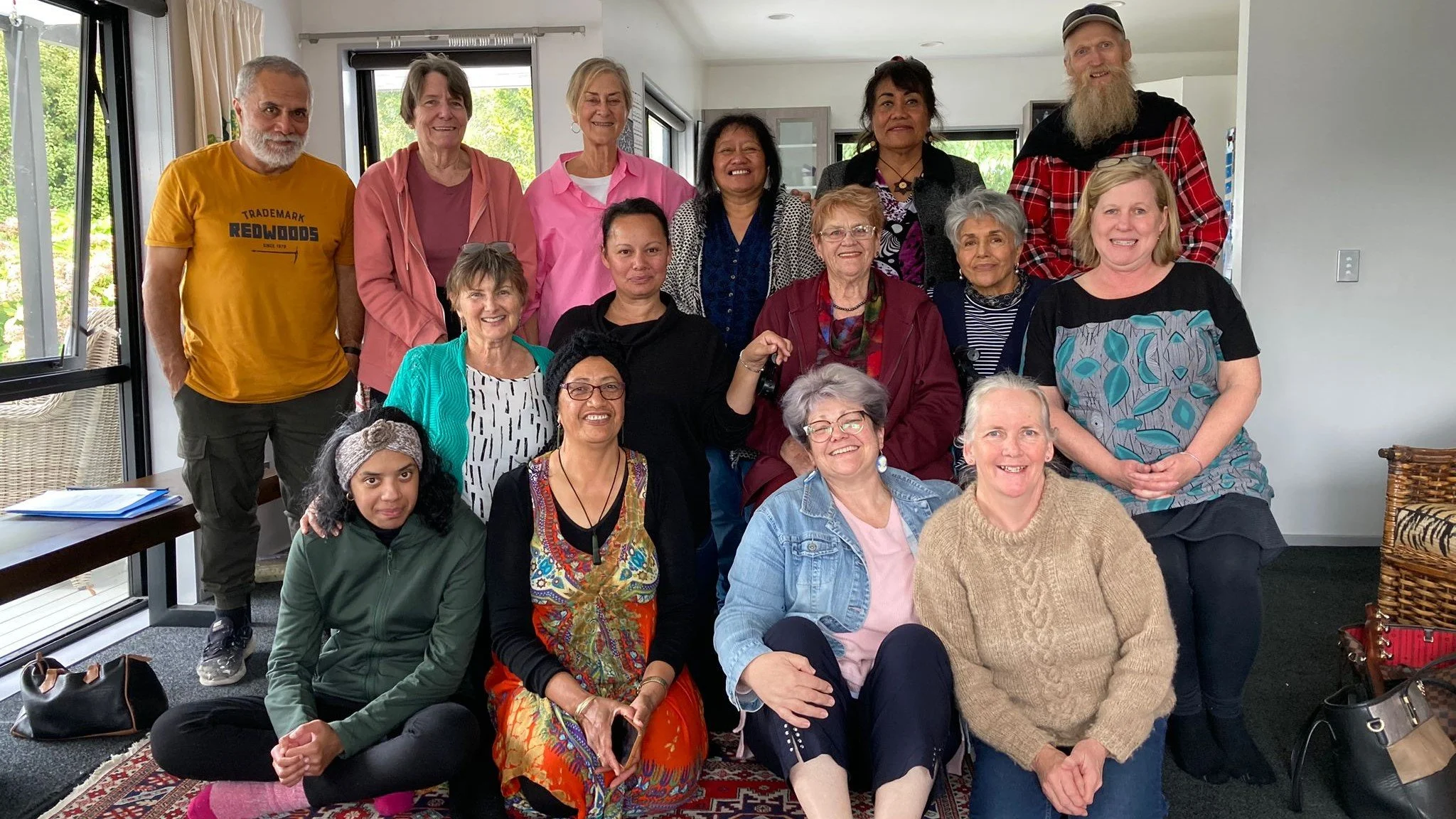Commemorating the Most Great Festival
This year, the first day of Riḍván begins at sunset on 20 April, marking the commencement of the “Most Great Festival” of the Faith.
“At the end of April 1863, shortly before leaving the environs of Baghdad for Istanbul (known as Constantinople in the English language of the time), Bahá’u’lláh and His companions resided for twelve days in a garden which He named Ridván, meaning ‘Paradise’. There, on the banks of the River Tigris, Bahá’u’lláh declared Himself to be the One heralded by the Báb—God’s Messenger to the age of humanity’s collective maturity, foretold in all the world's scriptures.” — Article, “The Life of Baha’u’llah” (bahai.org)
All days have attained their consummation in this most august of days, and all hours in this noblest of hours, and the Unseen hath willed to confer every grace upon the inmates of earth and heaven, to establish, before all who are in the kingdoms of revelation and creation, the Manifestation of God and His loftiness, and the sovereignty of God and His grandeur, that His favour might be made complete unto His servants and His bounty fulfilled unto His creation.
— Bahá’u’lláh, “Days of Remembrance”
The arrival of Bahá’u’lláh in the Najíbíyyih Garden, subsequently designated by His followers the Garden of Riḍván, signalizes the commencement of what has come to be recognized as the holiest and most significant of all Bahá’í festivals, the festival commemorating the Declaration of His Mission to His companions. So momentous a Declaration may well be regarded both as the logical consummation of that revolutionizing process which was initiated by Himself upon His return from Sulaymáníyyih, and as a prelude to the final proclamation of that same Mission to the world and its rulers from Adrianople.
— Shoghi Effendi, “God Passes By”
Further quotations from the Writings of Bahá’u’lláh relating to Riḍván can be found in the book Days of Remembrance on the Bahá’í Reference Library site.
More information about the timing of Holy Days is available in an article on “The Bahá’í Calendar” on the bahai.org website.
The US Bahá’í website offers several articles about Riḍván.
Formation of Local Spiritual Assemblies on the First day of Riḍván
Designated as “Spiritual Assemblies”—an appellation that must in the course of time be replaced by their permanent and more descriptive title of “Houses of Justice,” bestowed upon them by the Author of the Bahá’í Revelation; instituted, without any exception, in every city, town and village where nine or more adult believers are resident; annually and directly elected, on the first day of the greatest Bahá’í Festival by all adult believers, men and women alike; invested with an authority rendering them unanswerable for their acts and decisions to those who elect them; solemnly pledged to follow, under all conditions, the dictates of the “Most Great Justice” that can alone usher in the reign of the “Most Great Peace” which Bahá’u’lláh has proclaimed and must ultimately establish; charged with the responsibility of promoting at all times the best interests of the communities within their jurisdiction, of familiarizing them with their plans and activities and of inviting them to offer any recommendations they might wish to make; cognizant of their no less vital task of demonstrating, through association with all liberal and humanitarian movements, the universality and comprehensiveness of their Faith; dissociated entirely from all sectarian organizations, whether religious or secular; assisted by committees annually appointed by, and directly responsible to, them, to each of which a particular branch of Bahá’í activity is assigned for study and action; supported by local funds to which all believers voluntarily contribute; these Assemblies, the representatives and custodians of the Faith of Bahá’u’lláh, numbering at the present time, several hundred, and whose membership is drawn from the diversified races, creeds and classes constituting the world-wide Bahá’í community, have, in the course of the last two decades, abundantly demonstrated, by virtue of their achievements, their right to be regarded as the chief sinews of Bahá’í society, as well as the ultimate foundation of its administrative structure.
— Shoghi Effendi, “God Passes By”






